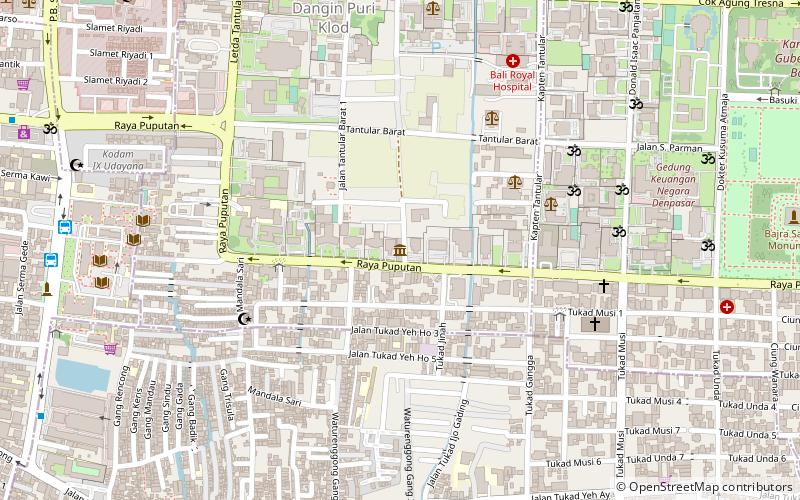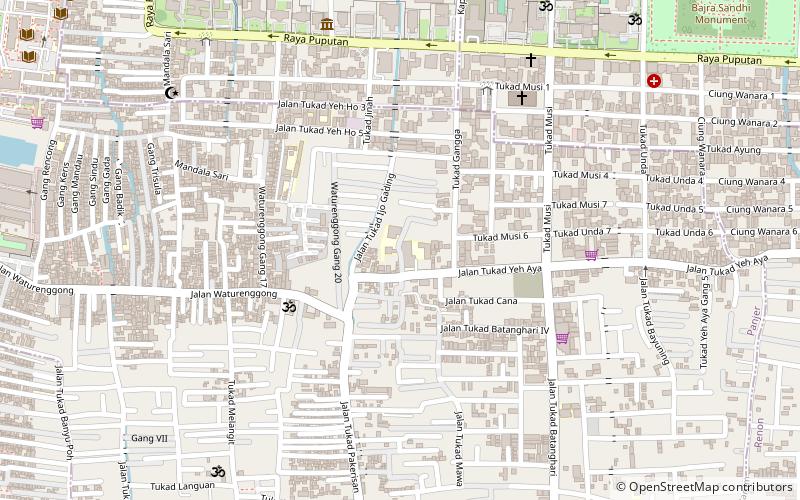Museum Agung Bung Karno, Denpasar

Facts and practical information
The Museum Agung Bung Karno, situated in the bustling city of Denpasar, Indonesia, is a cultural landmark dedicated to preserving the legacy of Indonesia's first President, Sukarno. This museum is a tribute to the man who played a pivotal role in Indonesia's struggle for independence from Dutch colonial rule.
Located within the serene ambience of the Bajra Sandhi Monument complex, this museum offers an immersive experience into the life and times of Sukarno, affectionately known as Bung Karno. The museum showcases a rich collection of memorabilia, photographs, and personal items of the late president, providing visitors with an intimate glimpse into his political journey and leadership.
The museum's architecture is a testament to traditional Balinese aesthetics, with a modern twist that symbolizes the progressive vision of Sukarno. Its design and layout are thoughtfully curated to guide visitors through various stages of Indonesia's fight for sovereignty, highlighting Sukarno's influential speeches, his diplomatic efforts, and his role in shaping the Indonesian nation.
As visitors explore the Museum Agung Bung Karno, they are transported back in time to the era of Indonesia's revolution. The exhibits are not only educational but also inspirational, reflecting Sukarno's charisma and unwavering commitment to his country's independence. The museum also includes an audio-visual room where documentaries and films related to Sukarno's life and the Indonesian independence movement are screened.
Open to the public, the museum serves as a place of learning for all ages, inviting both locals and tourists to delve into a significant chapter of Indonesia's history. It is a cultural hub that fosters a deeper understanding of the nation's past and the ideals of freedom and unity championed by Bung Karno.
Raya PuputanDenpasar
Museum Agung Bung Karno – popular in the area (distance from the attraction)
Nearby attractions include: Bali Museum, Bajra Sandhi Monument, Perum DAMRI, University of National Education.





